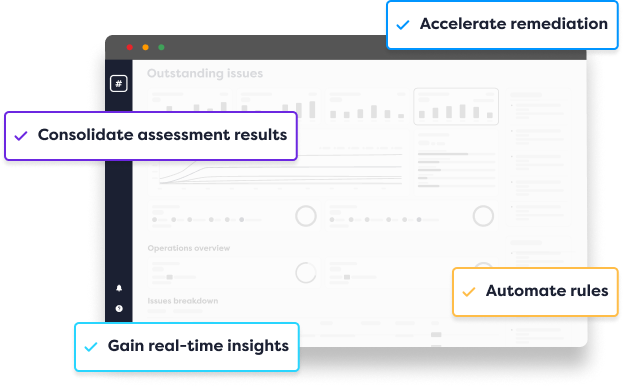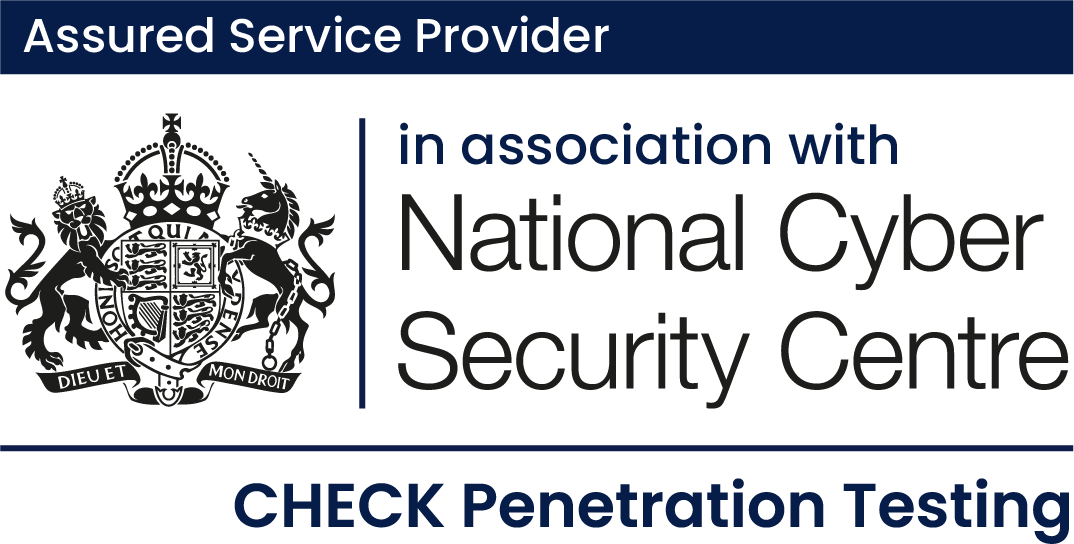Wireless penetration testing from certified security experts
Safely identify and exploit vulnerabilities in your wireless network and pinpoint hidden risks with wireless penetration testing services from Rootshell.

Trusted by companies of all shapes and sizes
What is Wireless Penetration Testing?
From laptops to smartphones and Internet of Things (IoT) devices, wireless networks are an essential part of modern business. But they can also open up opportunities for malicious actors to compromise the integrity and confidentiality of your network or data.
Wireless penetration testing is a WiFi security assessment that examines the connections between all devices connected to your wireless network. It identifies all wireless devices that are in scope of the assessment before highlighting security issues and lack of coverage.
An effective wireless penetration testing service is critical to safeguarding your wireless network. It ensures you can proactively identify and remediate vulnerabilities, minimizing the risk of a costly and reputation-damaging attack on your network.
The Benefits of Wireless Penetration Testing for Your Business
Wireless penetration testing reviews your wireless local area networks (WLANs) and any associated wireless protocols and technologies to identify and address weaknesses in the network.
Identify connected devices
Rootshell’s wireless penetration testing service provides a risk-based view of all network-connected assets, enabling enhanced visibility, deeper insights, and greater control.
Highlight weaknesses
A wireless penetration test will detect the use of outdated or weak encryption protocols, as well as misconfigured and rogue access points that might expose the network to unauthorized access.
Manage access
A wireless penetration test indicates whether your credentials and data are susceptible to being compromised by unauthorized users, helping you to improve your access management and authentication mechanisms.
Improved compliance
Rootshell’s wireless pentesting service helps you comply with the various regulatory requirements that mandate secure wireless communications by aligning your strategy with best practices.
Adapt & evolve
It’s important to stay up to date with new and emerging threats in the wireless landscape. Regular wireless security testing ensures that new technologies, like 5G and WiFi 6, are integrated securely into your network.
Manage access and improve security with WiFi security assessments and pentesting
Get Started
A dynamic view of your entire estate of connected assets
Get a holistic view of your wireless assets, their status and your penetration testing results in the Rootshell Platform, designed by cyber security professionals to streamline remediation.

Recognized industry leader in penetration testing as a service (PTaaS)
A Tailored Wireless Penetration Testing Solution
Elevate your security with a customizable, all-in-one solution tailored to your unique objectives, risk appetite, and budget.
What's included
- Scoping - identifying all connected assets
- Reconnaissance - gathering information about your network
- Discovery - our testers identify exploitable weaknesses
- Exploitation - using safe attack simulation to avoid disruption
- Reporting - drillable real-time reporting through the Rootshell Platform
- Remediation - actionable insights to improve your security posture
Plus receive your results an data through The Rootshell Platform
Ready to get started?
Discover your needs
Dive into a personalized demo
Seamless onboarding
Why Choose Rootshell’s Wireless Pentesting Solution
We provide IT security teams with the tools and services they need to adopt best-practice cyber security processes.
Bespoke packages
Alongside wireless penetration testing, we offer a full suite of services, from penetration testing as a service to attack surface management, tailored to meet your specific needs.
Streamlined remediation
The Rootshell Platform is designed to optimize project management, enabling you to manage remediation in the Compliance Dashboard.
Integration with leading tools
The Rootshell Platform integrates with the leading tools, ticketing systems and exploit intelligence feeds, allowing you to automate prioritization and triage issues accordingly.
Active exploit detection
The Rootshell Platform leverages AI to proactively gather the latest exploit intelligence, apply it to your consolidated vulnerability data and provide instant, real-time alerts.
Data consolidation
As a vendor neutral tool, the Rootshell Platform enables you to consolidate results from any penetration testing vendor for a holistic view of your assessment results.
Transform your security posture with Penetration as a Service
Book a demo
Don’t just take our word for it, hear what our customers think
Frequently Asked Questions
Can’t find the answer to your question? You can always contact our team of experts for a chat!
What are the main goals of wireless penetration tests?
The main goal of wireless penetration testing is to identify vulnerabilities in the wireless network infrastructure. For example, these could be weak encryption protocols, misconfigured access points or default settings that could be exploited by attackers. By assessing the security posture of the network, these tests evaluate the effectiveness of your current security measures and provide actionable insights and recommendations for improving the overall security of your wireless network.
What makes a wireless network vulnerable?
Due to their wireless nature, WLANs are more vulnerable to unauthorized access as there is no physical barrier to entry. Because of this, malicious hackers often target these networks and their corresponding infrastructure devices.
What are some of the most common wireless network vulnerabilities?
Some of the most common vulnerabilities found in wireless networks include:
- Weak or outdated encryption protocols (e.g., WEP, WPA, WPA2 with TKIP).
- Misconfigured access points that leak sensitive information or provide unauthorized access.
- Rogue access points set up by attackers to mimic legitimate networks and capture user credentials.
- Lack of network segmentation, leading to potential lateral movement by attackers within the network.
- Default or weak passwords on network devices, making them easy targets for brute-force attacks.
- Insufficient monitoring and logging, which delays the detection of suspicious activities.
What will my wireless pentesting report contain?
As part of this initial investigation, we’ll report on all wireless devices that are in scope of the assessment, as well as ascertain if there are any possible rogue/foreign devices which can be investigated during later phases. Further tests are then implemented to ensure that the solution is fit for purpose and secure. Your report will highlight any security issues and lack of coverage.
What wireless devices and services are tested?
Here are a few examples of the assets that might be in scope for your business when putting your wireless footprint to the test:
- WiFi Networks: Testing the security of wireless networks, including ESSID configuration, encryption, and access controls.
- Wireless Devices: Assessing vulnerabilities in wireless peripherals like keyboards and mice, which could be susceptible to sniffing or hijacking attacks.
- Wireless Printers and Scanners: Checking for unsecured interfaces, default credentials, and open ports.
- Bluetooth Devices: Testing for Bluetooth security issues, such as unauthorized pairing or data interception.
How long does wireless penetration testing take?
The duration of wireless penetration testing varies based on factors like the size and complexity of the network, the scope of the testing, and the specific objectives of the test. On average, it can take anywhere from a few days to a couple of weeks.
How often should you complete WiFi security testing?
Your wireless security should be continuously tested through a mixture of testing, scanning and continuous enrichment. More frequent testing may be necessary if there are significant changes to the network infrastructure, such as the addition of new access points, changes in encryption protocols, or after security incidents.
What other types of penetration testing as a service (PTaaS) are available?
In addition to wireless penetration testing, we offer a range of other types of PTaaS solutions that can be added to your package following an in-depth assessment of your specific risks:




